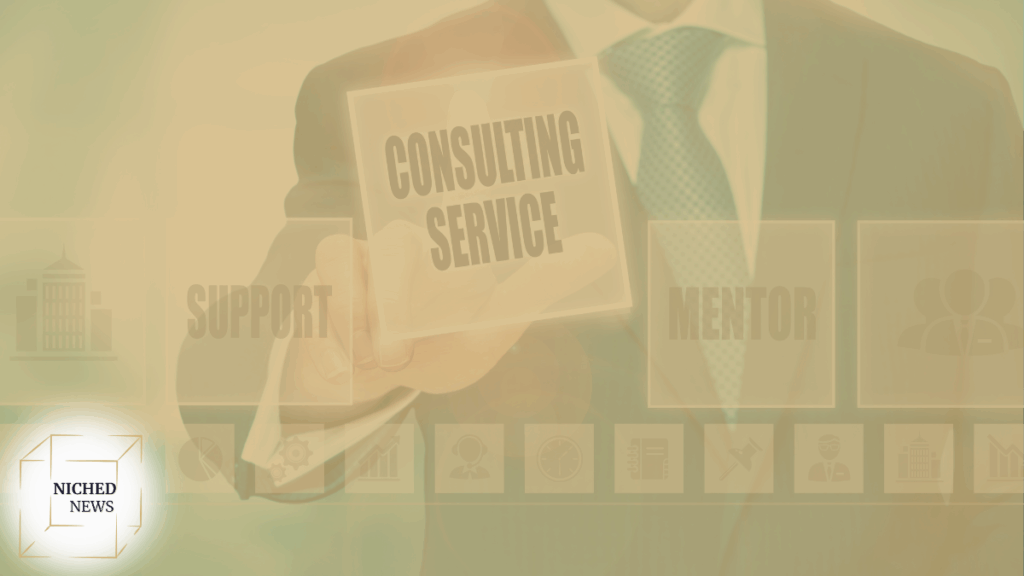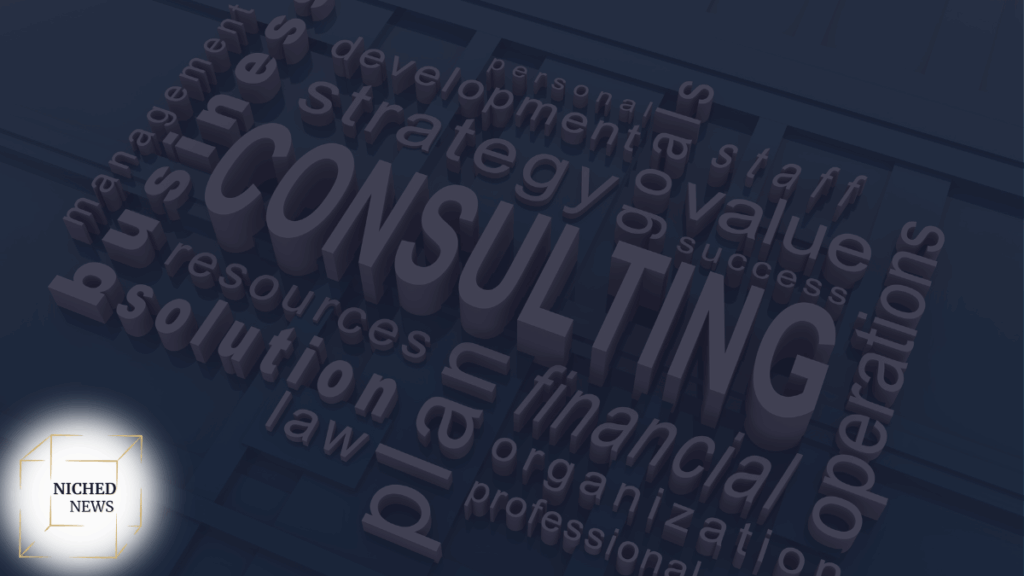Niched Summary
Niched Summary
AI disruption in professional services in 2025 is leading to transformative changes in consulting practices, firm structures, and market dynamics.
Why it matters:
Understanding these shifts is crucial for firms to adapt, innovate, and maintain competitiveness in a rapidly evolving landscape.
The professional services sector is undergoing a seismic shift in 2025, driven by rapid advancements in artificial intelligence (AI) and changing client expectations. Traditional consulting models are being challenged, and firms must adapt to stay relevant.
The Rise of AI-Enhanced Consulting
Major consulting firms are integrating AI into their operations to enhance efficiency and service delivery. For instance, McKinsey has deployed “Lilli,” a proprietary chatbot that assists consultants by leveraging the firm’s extensive knowledge base. Similarly, BCG’s “Deckster” and Deloitte’s “Sidekick” are transforming how consultants create presentations and analyze data. These tools are not only streamlining internal processes but also reshaping client interactions. AI disruption in professional services is evident, things are changing, so fast it’s almost unreal.
Boutique Firms Gaining Ground
While the Big Four continue to dominate, boutique consulting firms are carving out significant market share by offering specialized, agile services. Firms like Unity Advisory, backed by substantial investments, are attracting clients seeking personalized solutions without the bureaucracy of larger firms. These smaller entities often leverage AI to deliver targeted insights, positioning themselves as formidable competitors in the consulting landscape.
Federal Contract Cuts Impacting Big Firms
Government spending on consulting services is under scrutiny, leading to significant contract reductions. Deloitte, for example, has faced the termination of over 129 federal contracts, prompting layoffs and a reevaluation of their public sector strategies. This trend underscores the need for firms to diversify their client base and adapt to shifting governmental priorities.
Embracing Hybrid Consulting Models
The traditional consulting model is evolving into a hybrid approach, combining on-site presence with remote and digital services. This shift allows firms to offer flexible solutions tailored to client needs, enhancing efficiency and responsiveness. The hybrid model also enables consultants to tap into global talent pools and deliver services across different time zones, meeting the demands of a 24/7 business environment.
Sustainability Consulting on the Rise
As businesses prioritize environmental, social, and governance (ESG) factors, the demand for sustainability consulting is growing. Consulting firms are expanding their services to help clients develop and implement sustainable practices, aligning business objectives with environmental responsibility. This trend reflects a broader shift towards purpose-driven consulting that addresses societal challenges.
Looking Ahead
The professional services industry is at a crossroads, with AI disruption in professional services reshaping traditional consulting paradigms. Firms that embrace technological advancements, adapt to changing client expectations, and diversify their offerings will be well-positioned to thrive in this new era. Staying ahead requires a commitment to innovation, agility, and a deep understanding of the evolving business landscape.



